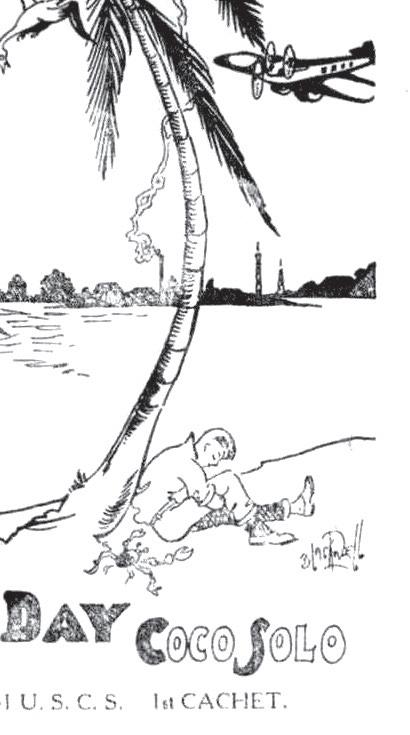
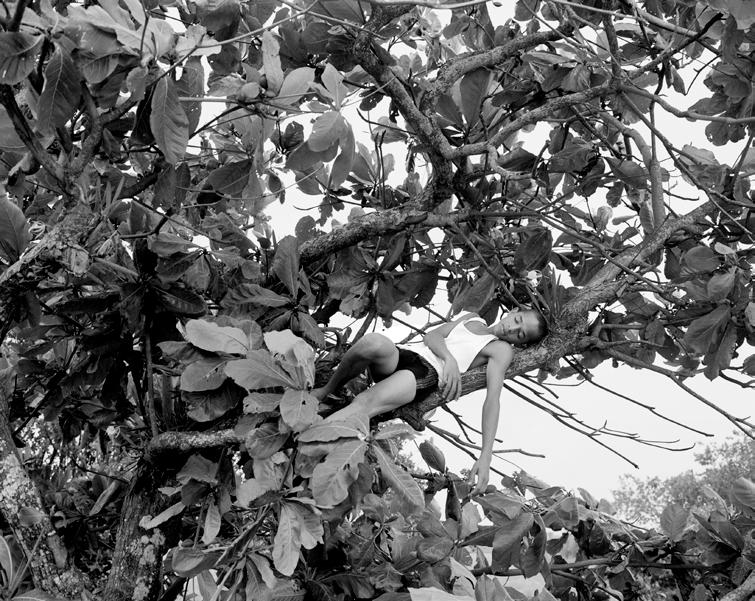
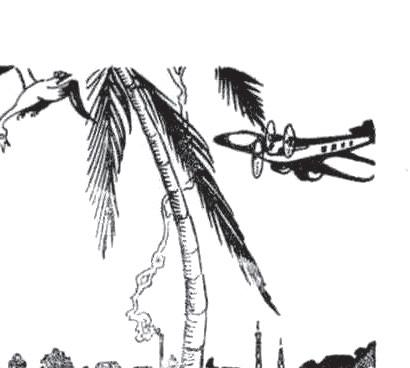
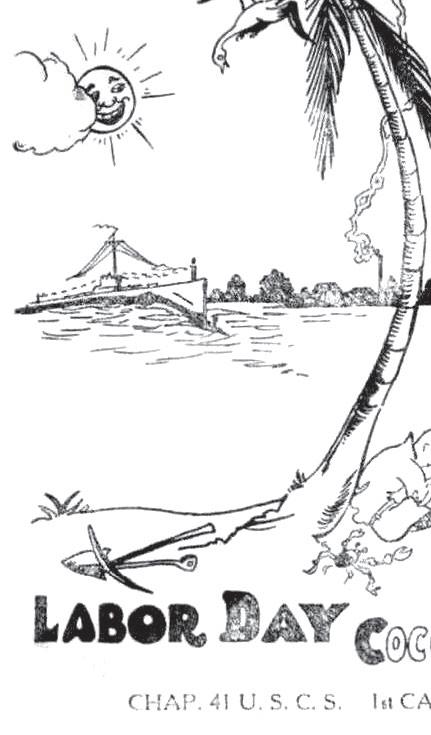
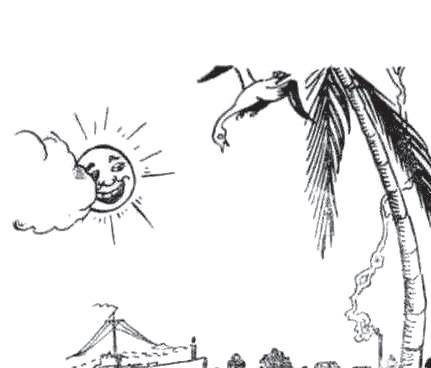
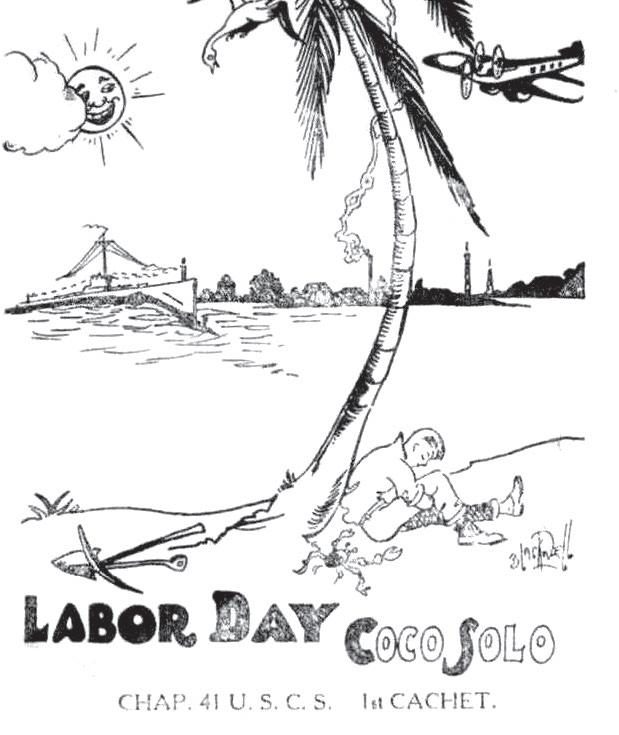


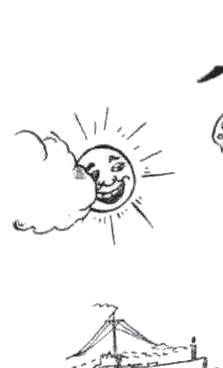
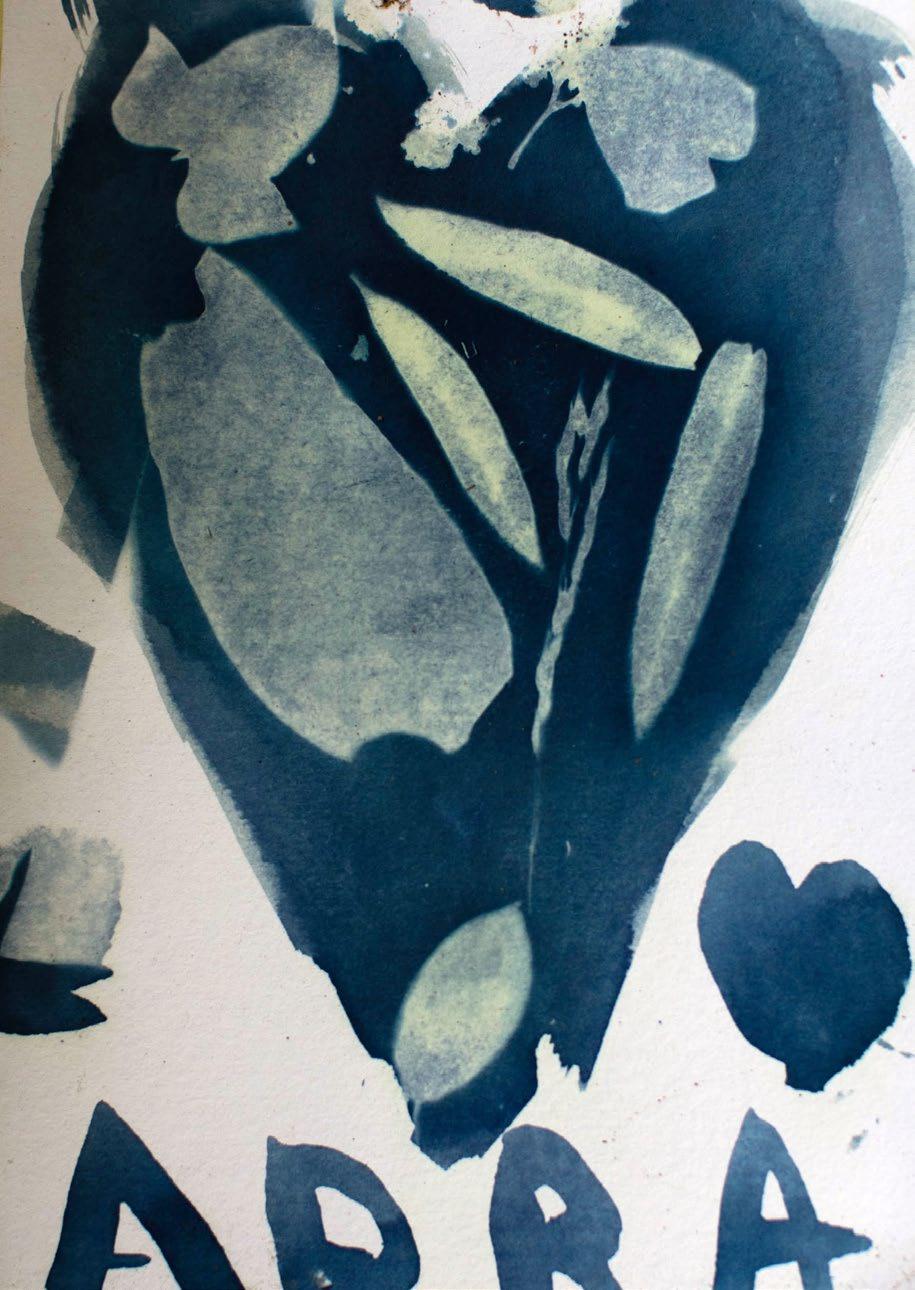
Located on the Atlantic coast of the US Canal Zone in Panama, Coco Solo was a United States Navy submarine base and naval air station founded in 1918 and actively used as a military base until the 1960s. It remained a housing area for civilian Canal employees until the 1990s, anticipating the ultimate return of all Canal Zone territories to Panama at the endof 1999.

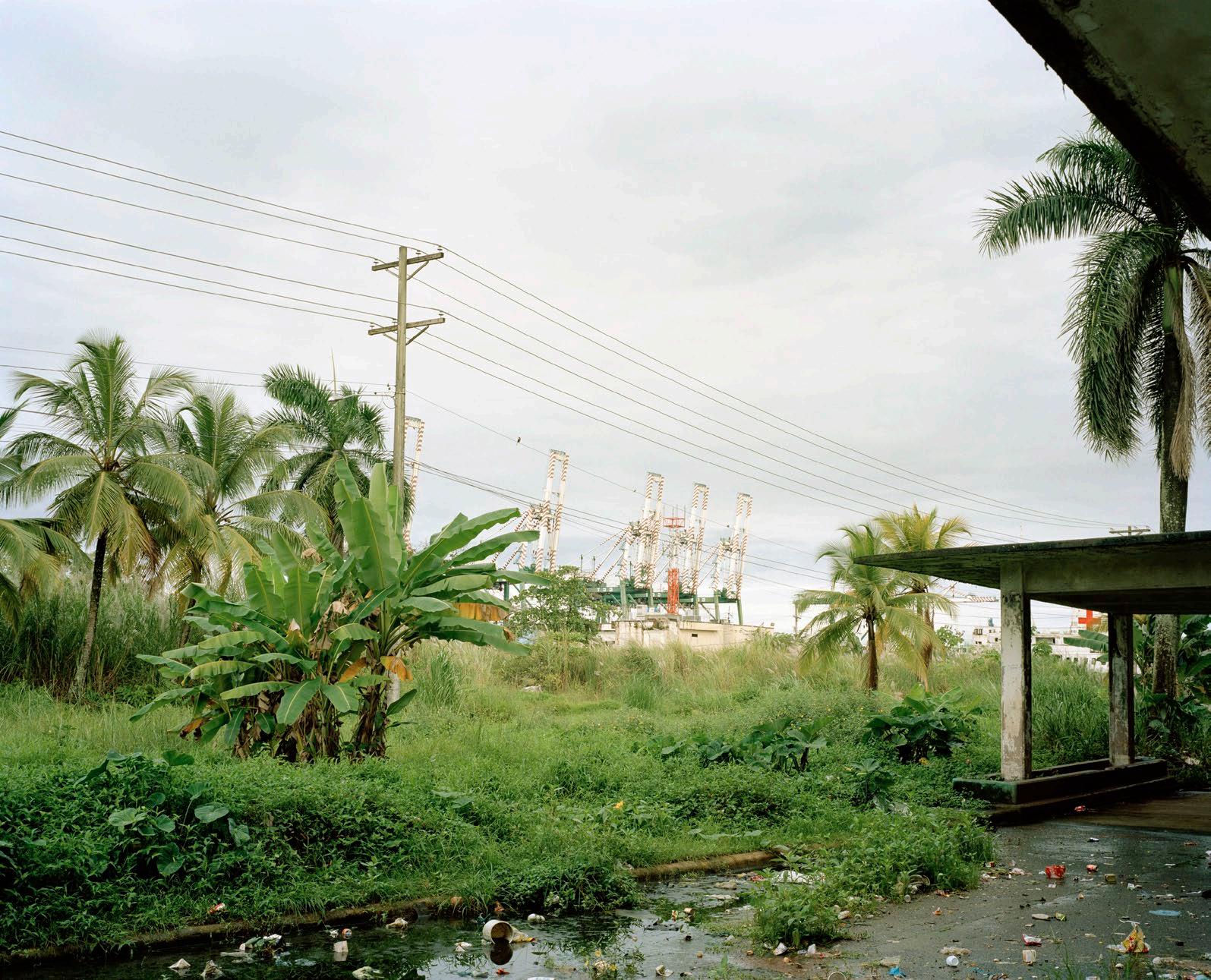
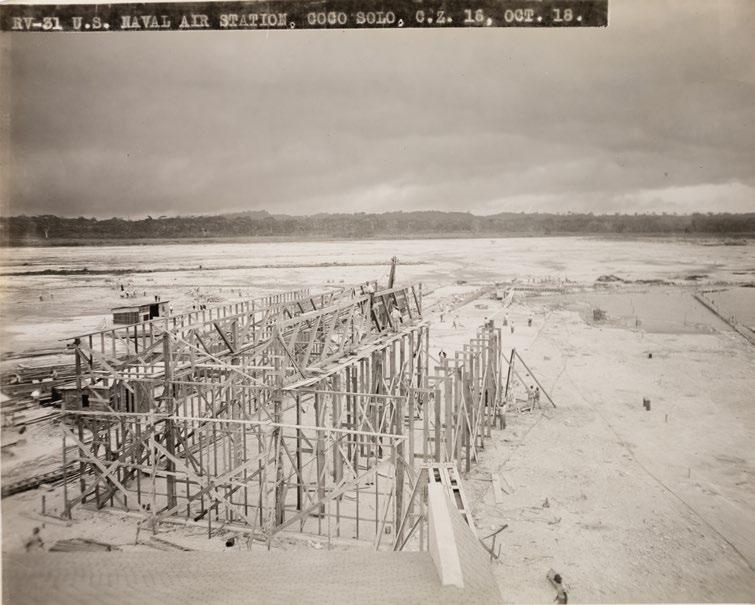
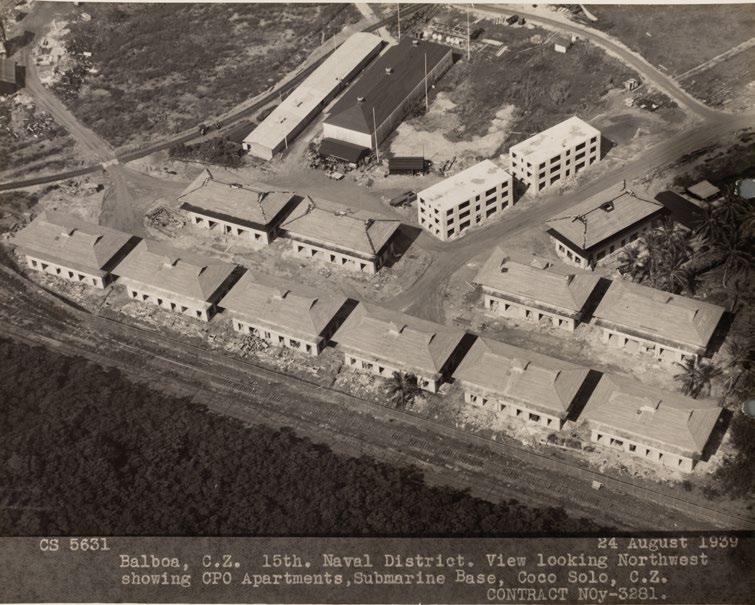
How I got there
I first went to Panama because I was interested in how the Panama Canal affected locals. I thought I would find many people living alongside the waterway but I quickly discovered that most communities had been relocated. No one really lives by the canal anymore, or so I thought.
I changed course and began to photograph various Spiritual Revival churches, a Protestant sect originally from Jamaica, where people speak in tongues and get lost in the spirit. The church community welcomed me, and I kept returning,as if looking for something.
One day, I asked a passionate bishop if I could interview her. She agreed but told me she needed to take me somewhere. I agreed without knowing where we would be going.
I met her the following week at the Albrook Bus Terminal in Panama City and we boarded a public bus to Colón City, on the Atlantic Coast. As was customary in Panama, this bus was also an old US school bus repurposed as a public bus. It took multiple hours to reach Cuatro Altos, a nondescript stop before Colón City, right by the largest free trade zone in the Americas. From there, we flagged down a taxi. The driver asked, “You are you going where?...” We had to tell him we were missionaries for him to agree to take us. He reluctantly agreed to drop us off at the entrance.
We drove along a long, dusty road, past the tall gray walls of the free trade zone, container yards, and empty overgrown lots. Finally, we arrived at a row of dilapidated barracks. As the taxi pulled in, we were greeted by a pack of gleeful kids. We trekked through a muddy path, weaving through overgrown grass to reach even more barracks toward the back, surrounded by a swamp of trash and sewage.
A striking, handsome man wearing a white turban and dashiki, and a large star of David around his neck, emerged from behind piles of trash. His house was a large cement bunker with a rickety makeshift stairwell. His calm demeanor exuded warmth as he welcomed us to the stairwell for some tea. The kids followed.
Was this the place I had been looking for all along?

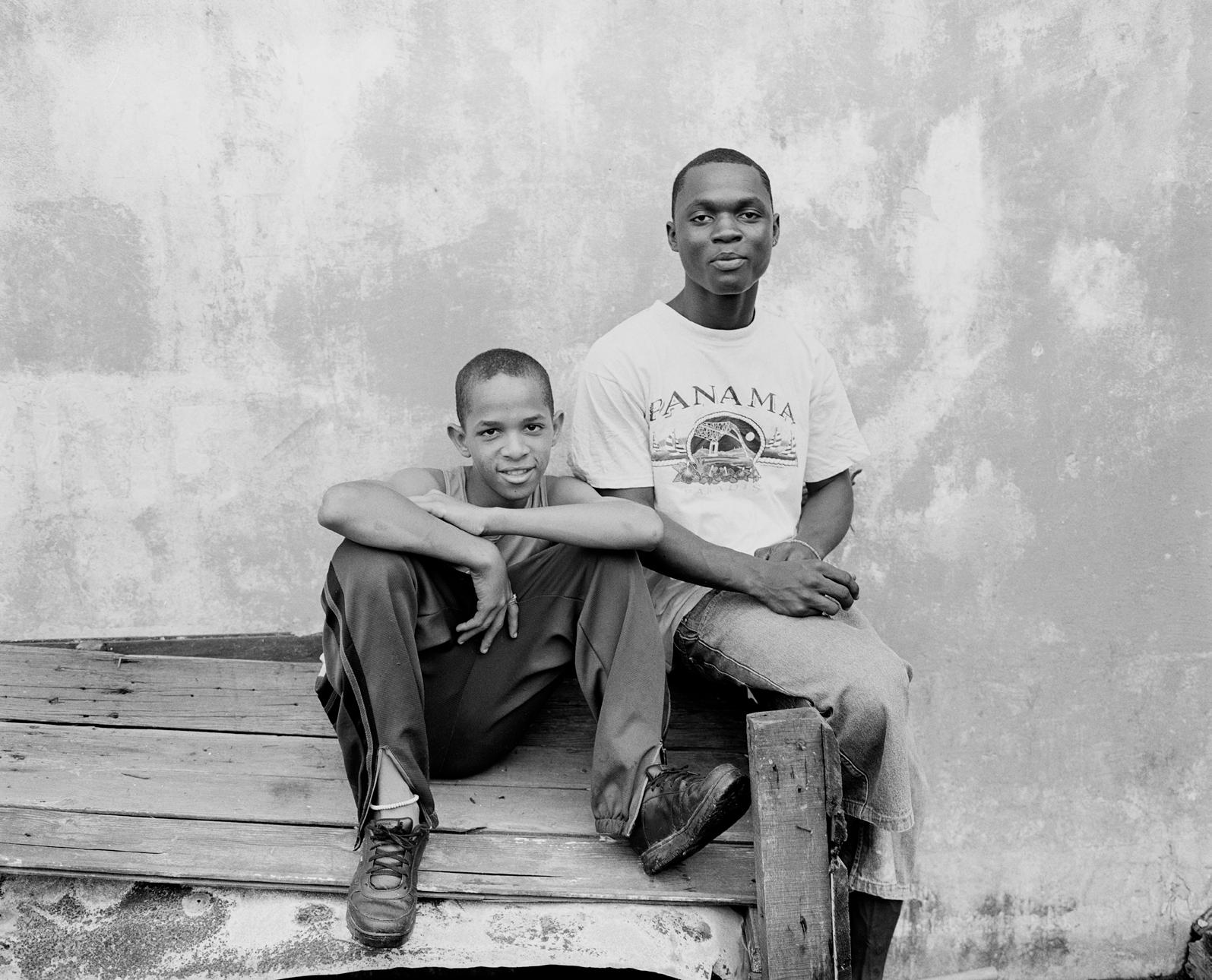
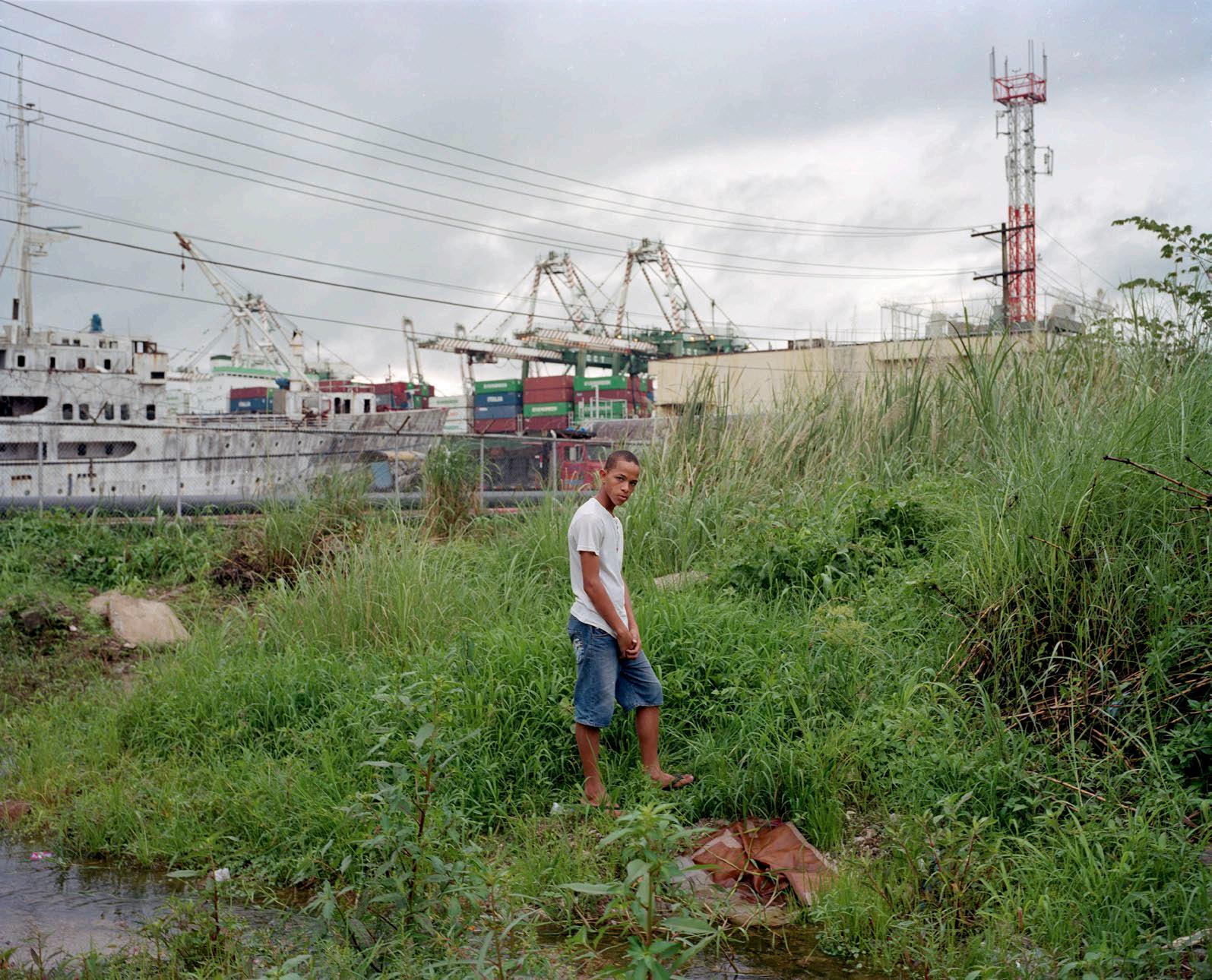
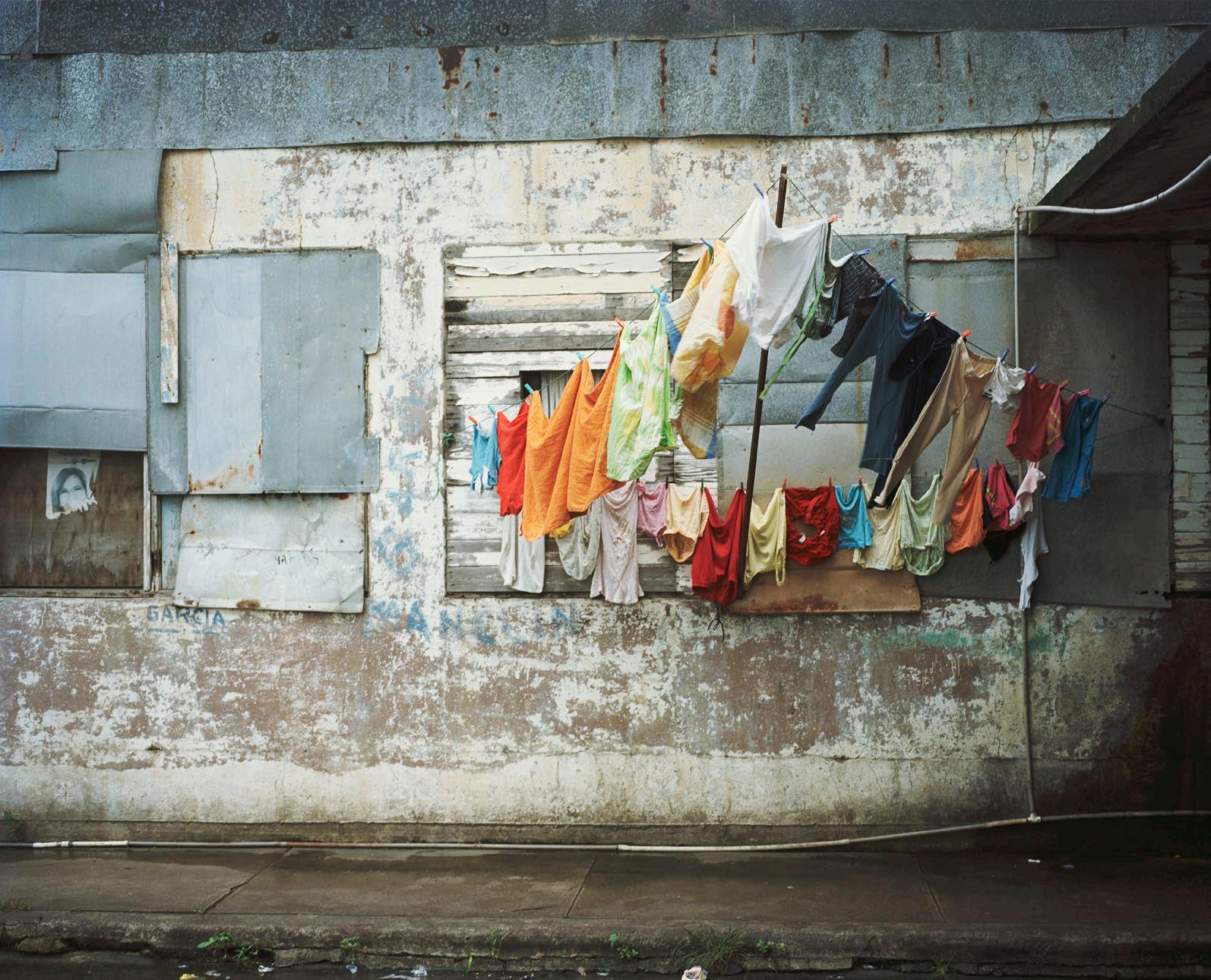
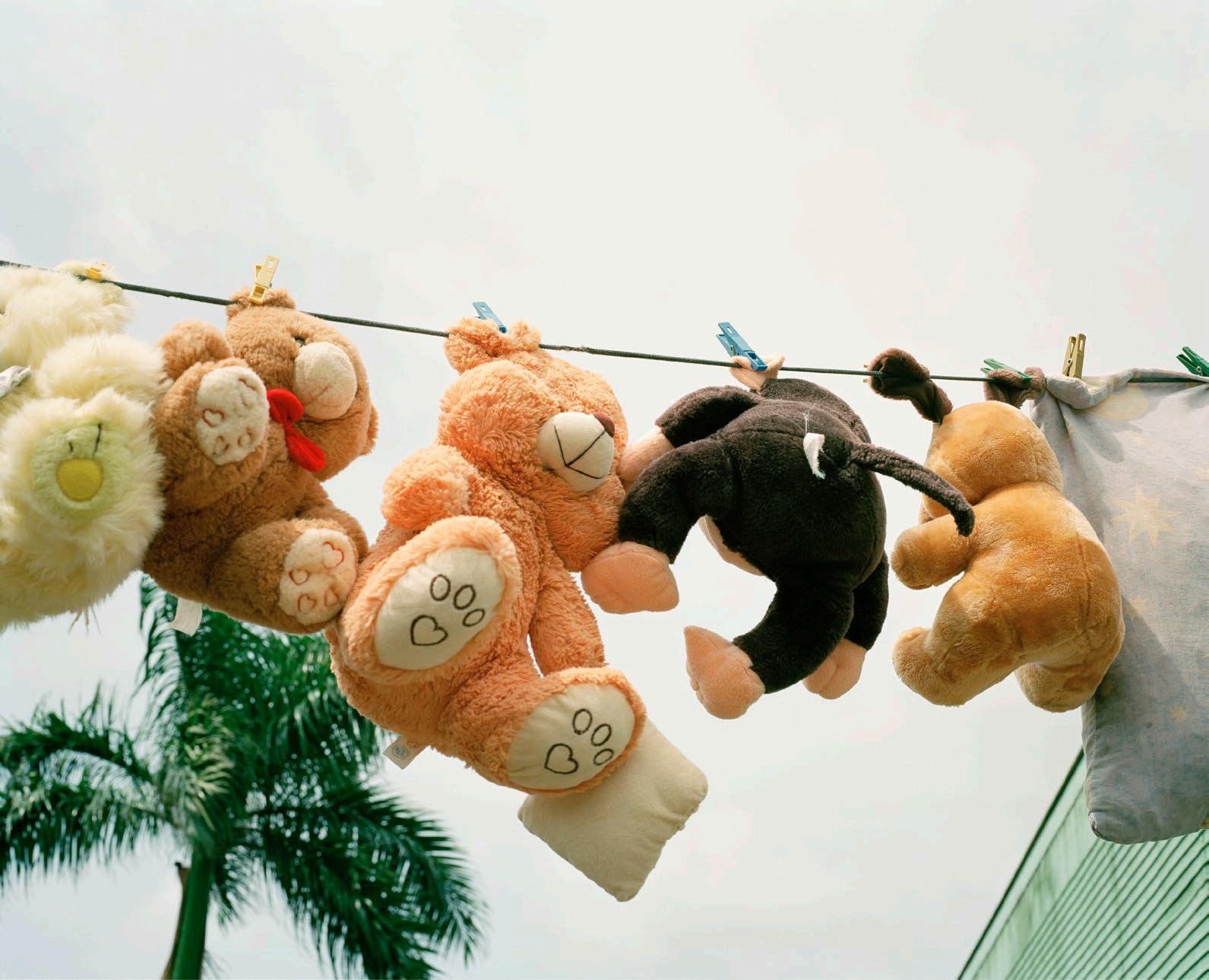
"There was nothing necessary about the canal that required a legal space controlled by the United States. US political control over the [Canal] Zone could have taken a different form. Specifically, it did not have to involve the expulsion of Panamanians from the Zone or the elimination of the many Panamanian towns present in the area. But this is what happened.”
Marixa Lasso, A Canal without a Zone: Conflicting Representations of the Panama Canal, Journal of Latin American Geography 14, no. 3 (Oct 8, 2015): 161.

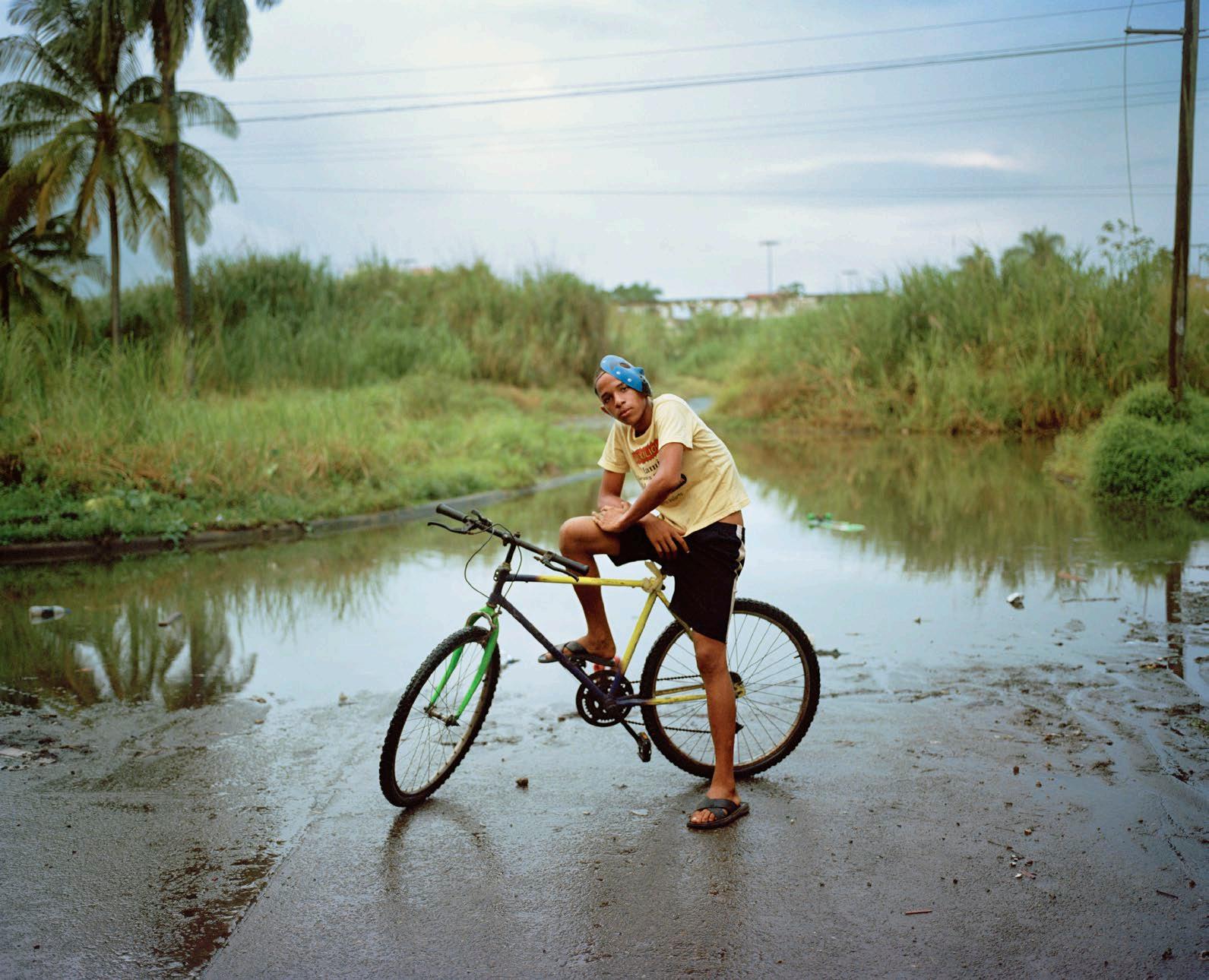
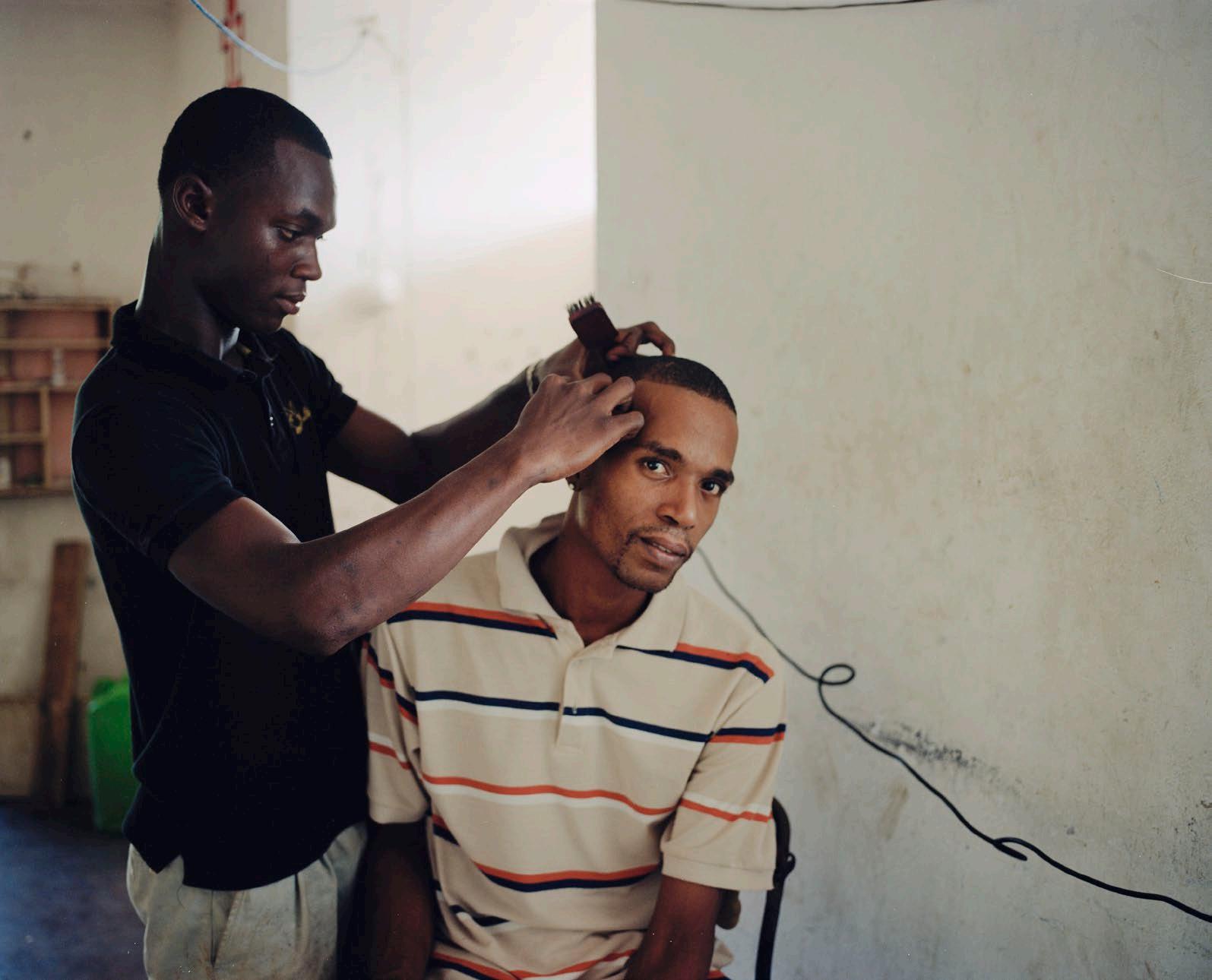
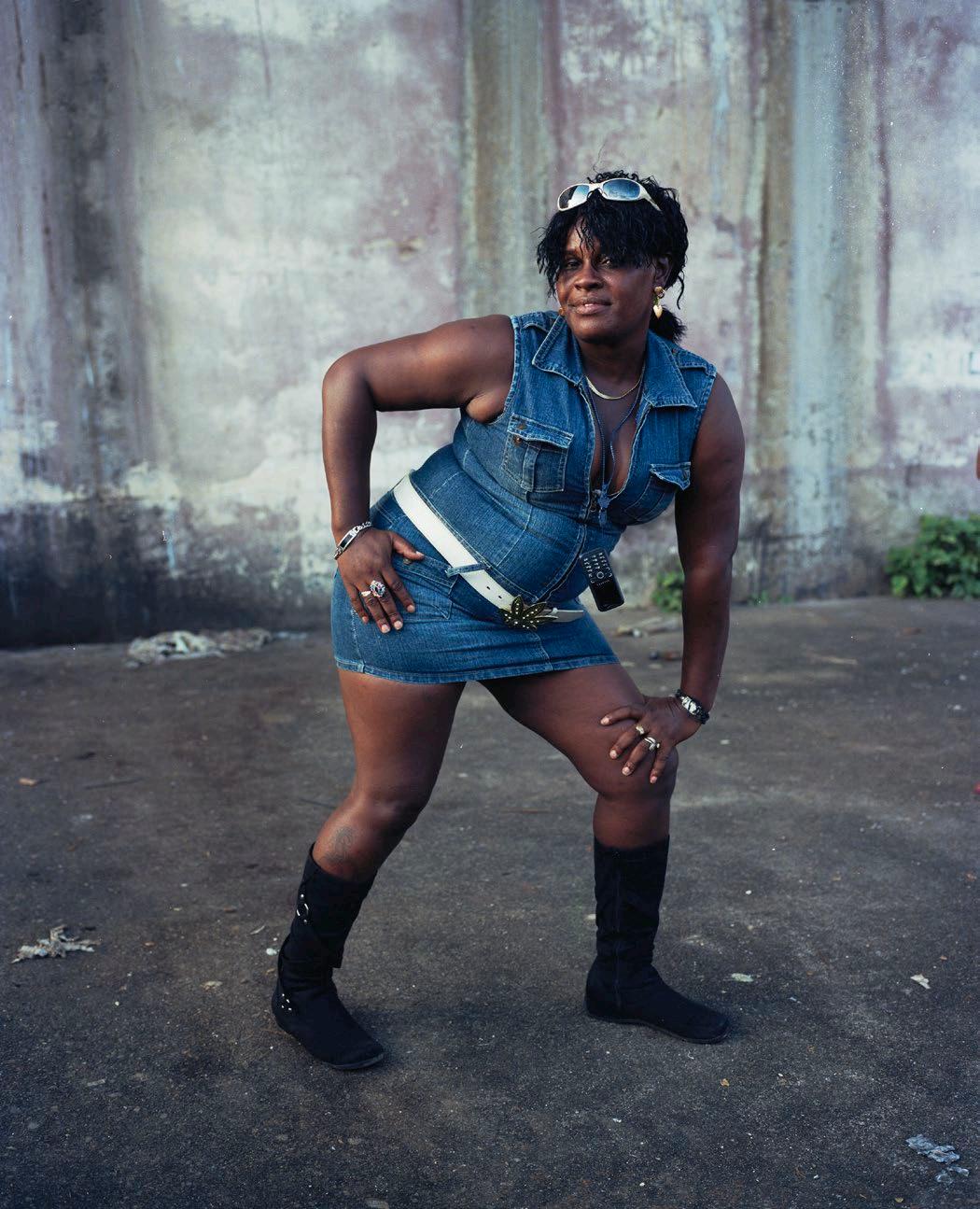
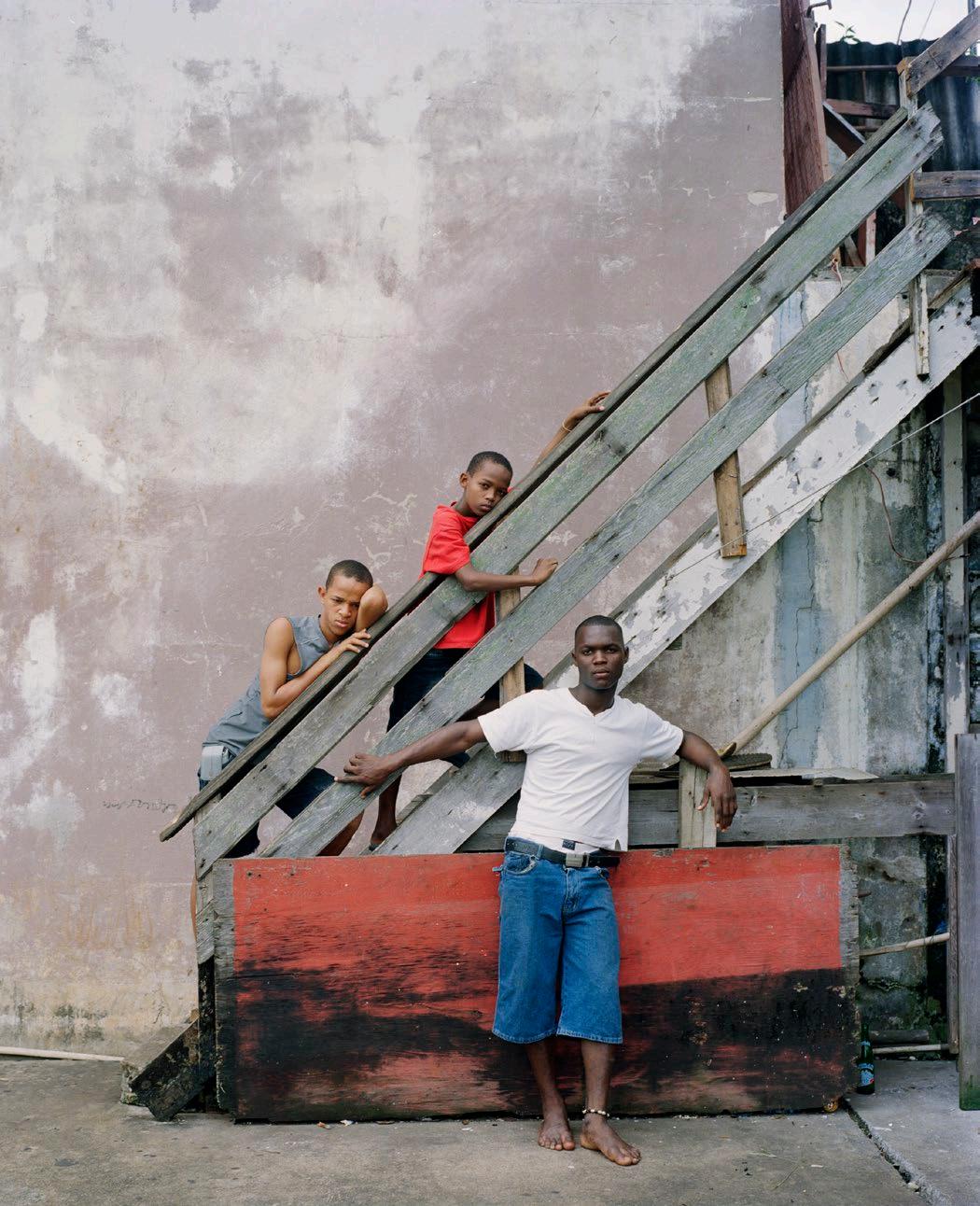
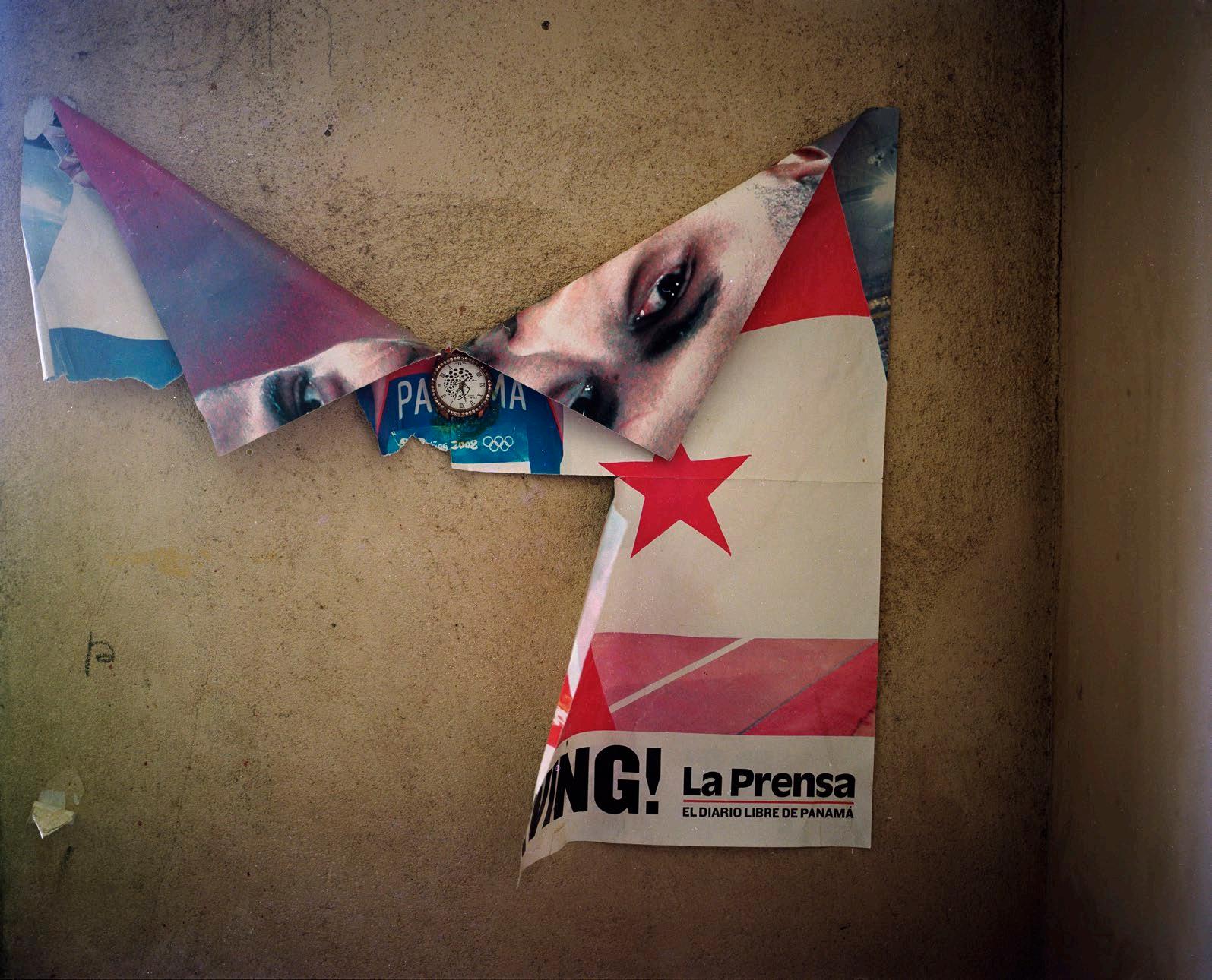
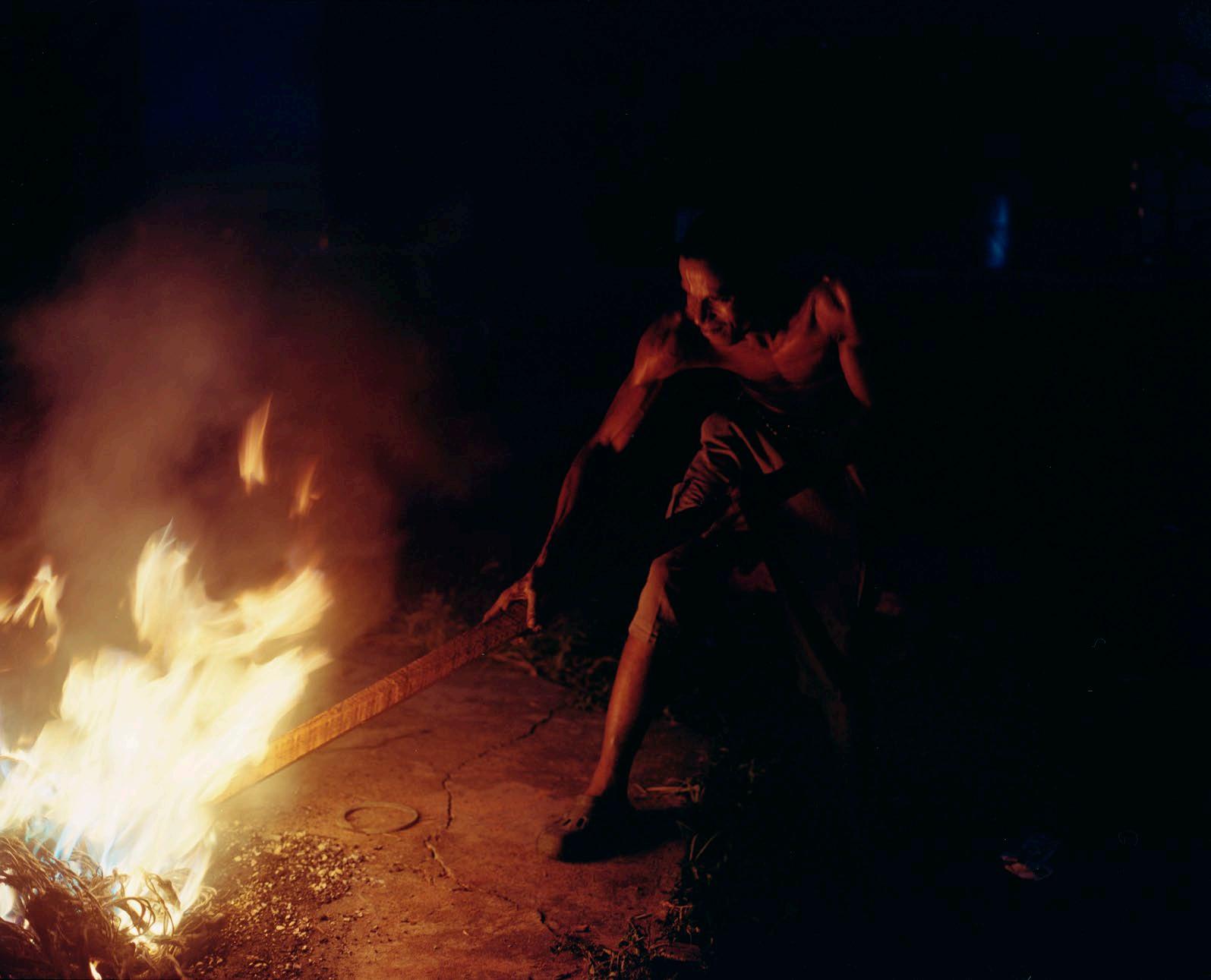
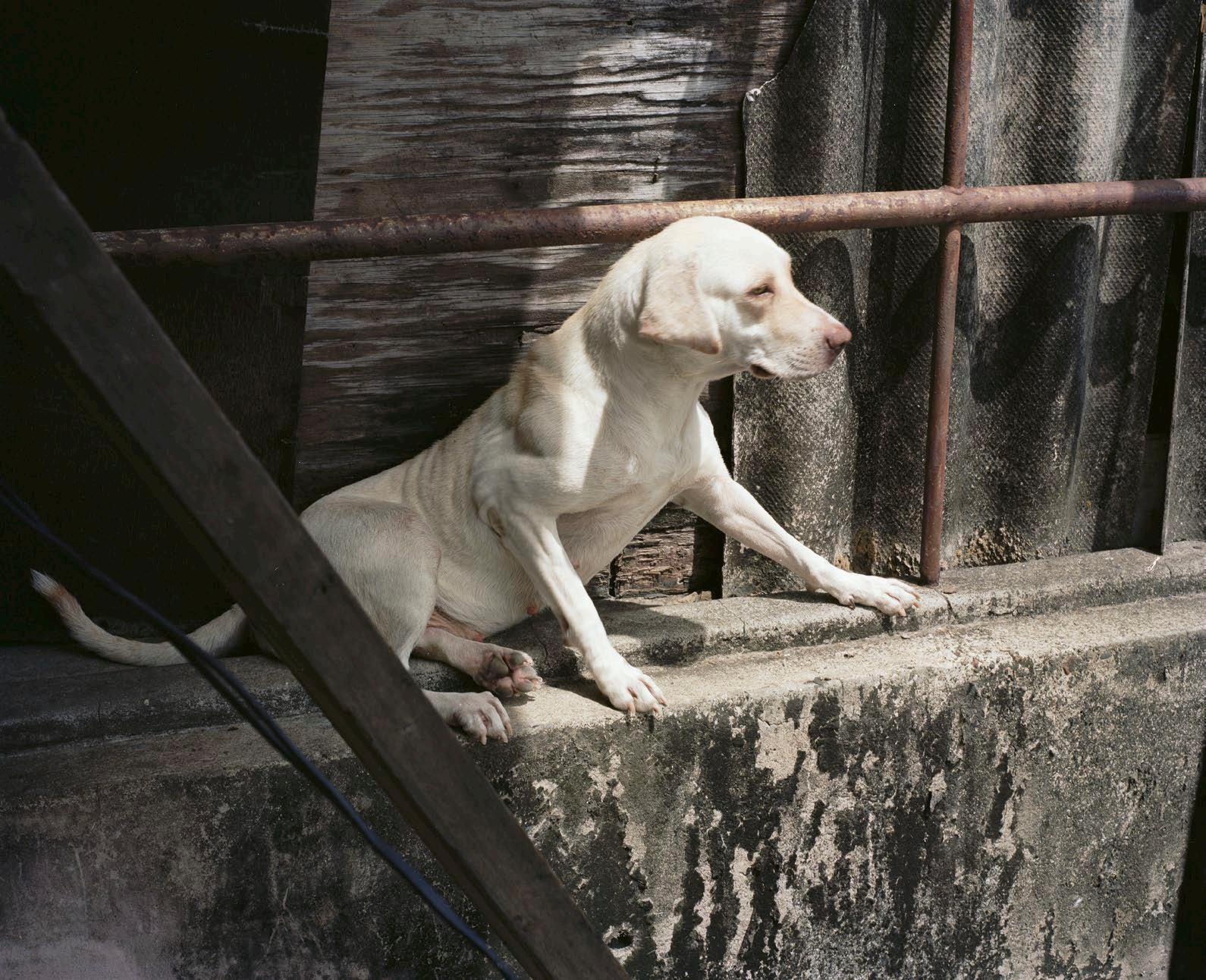
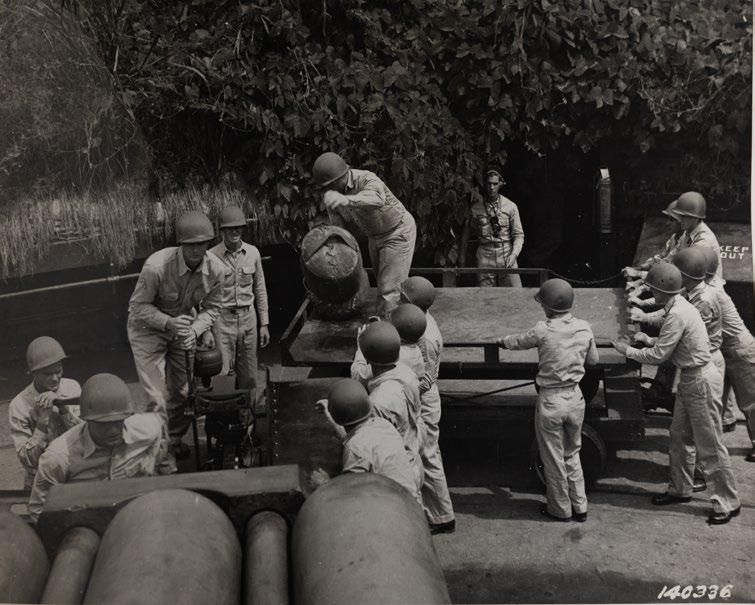
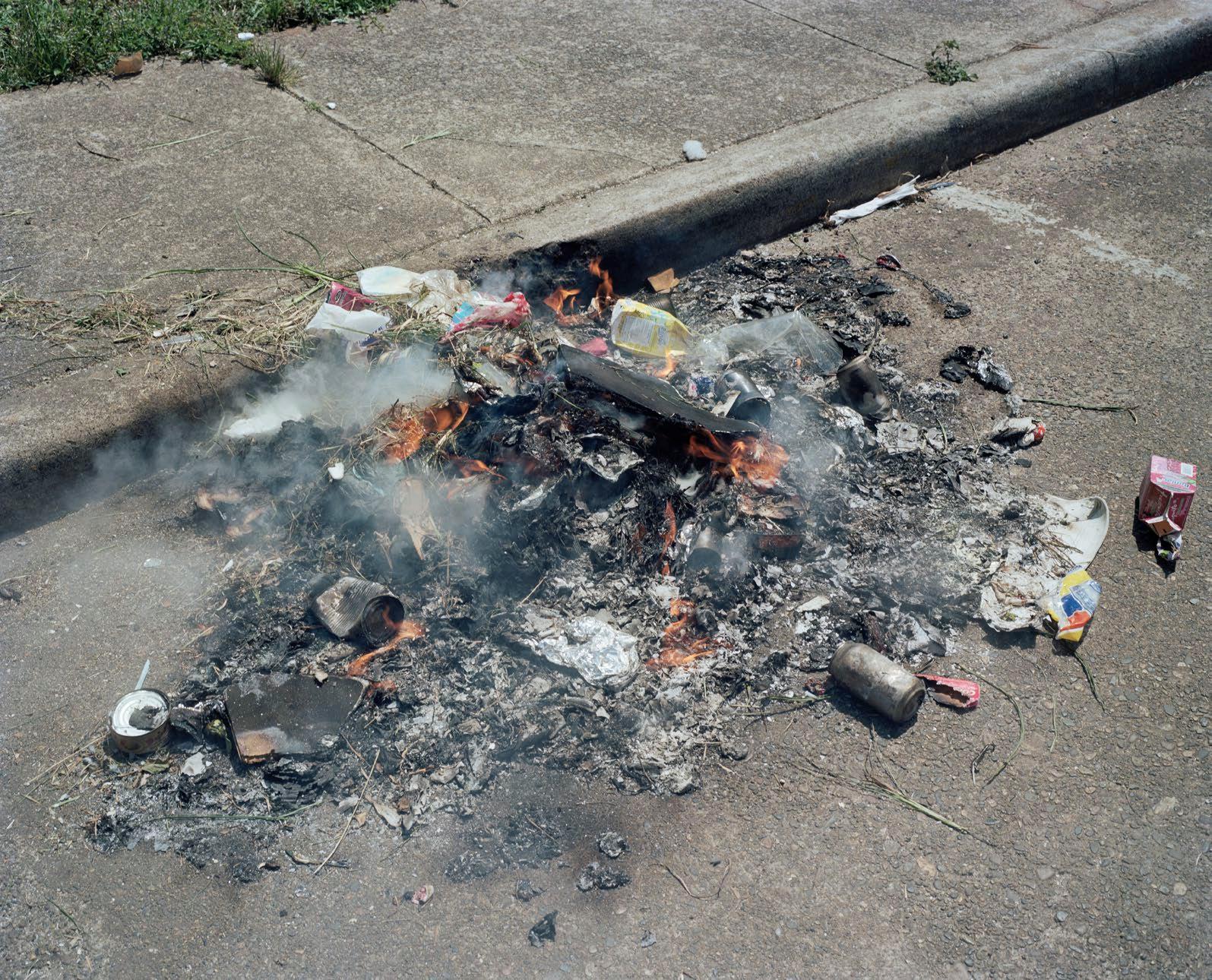
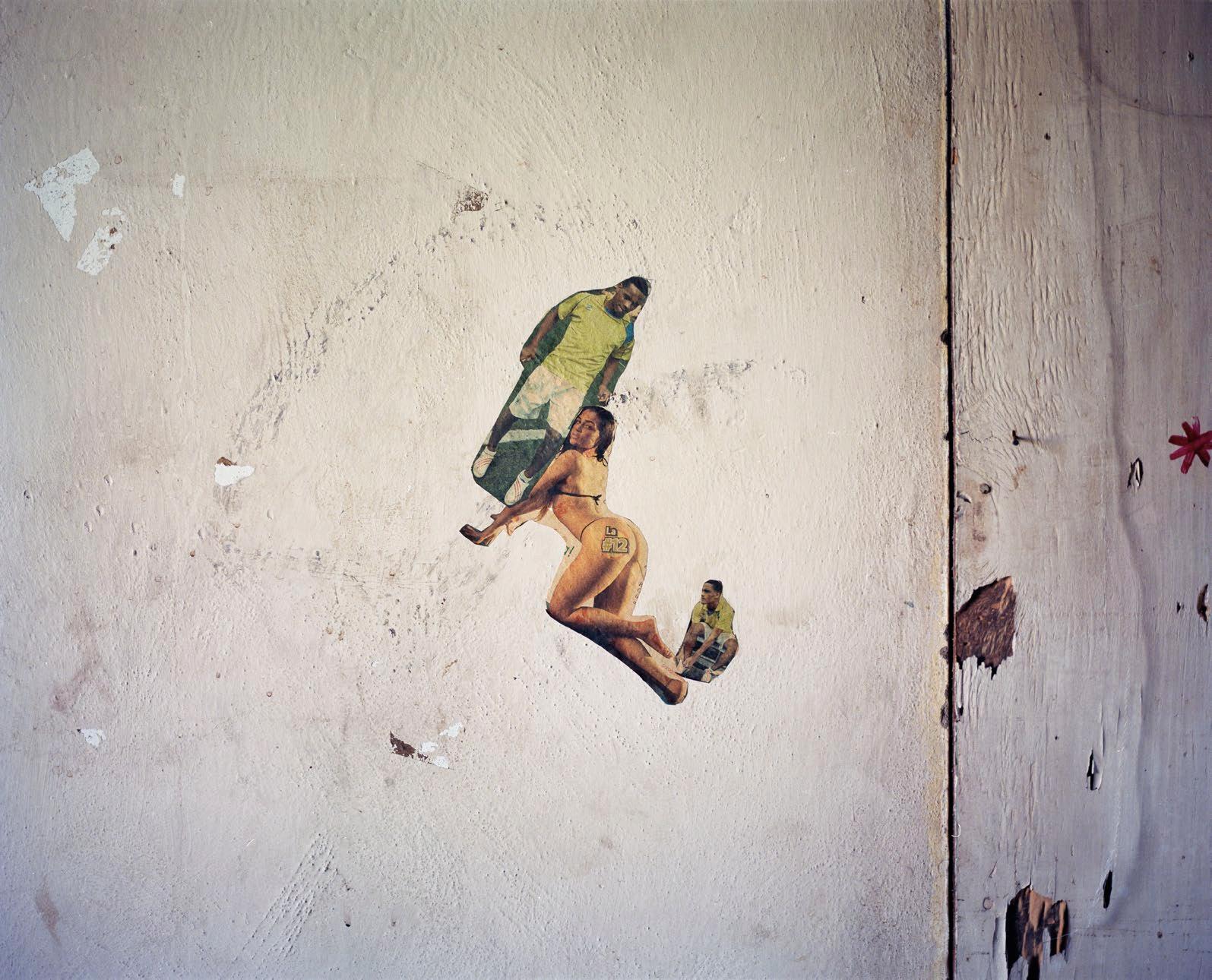
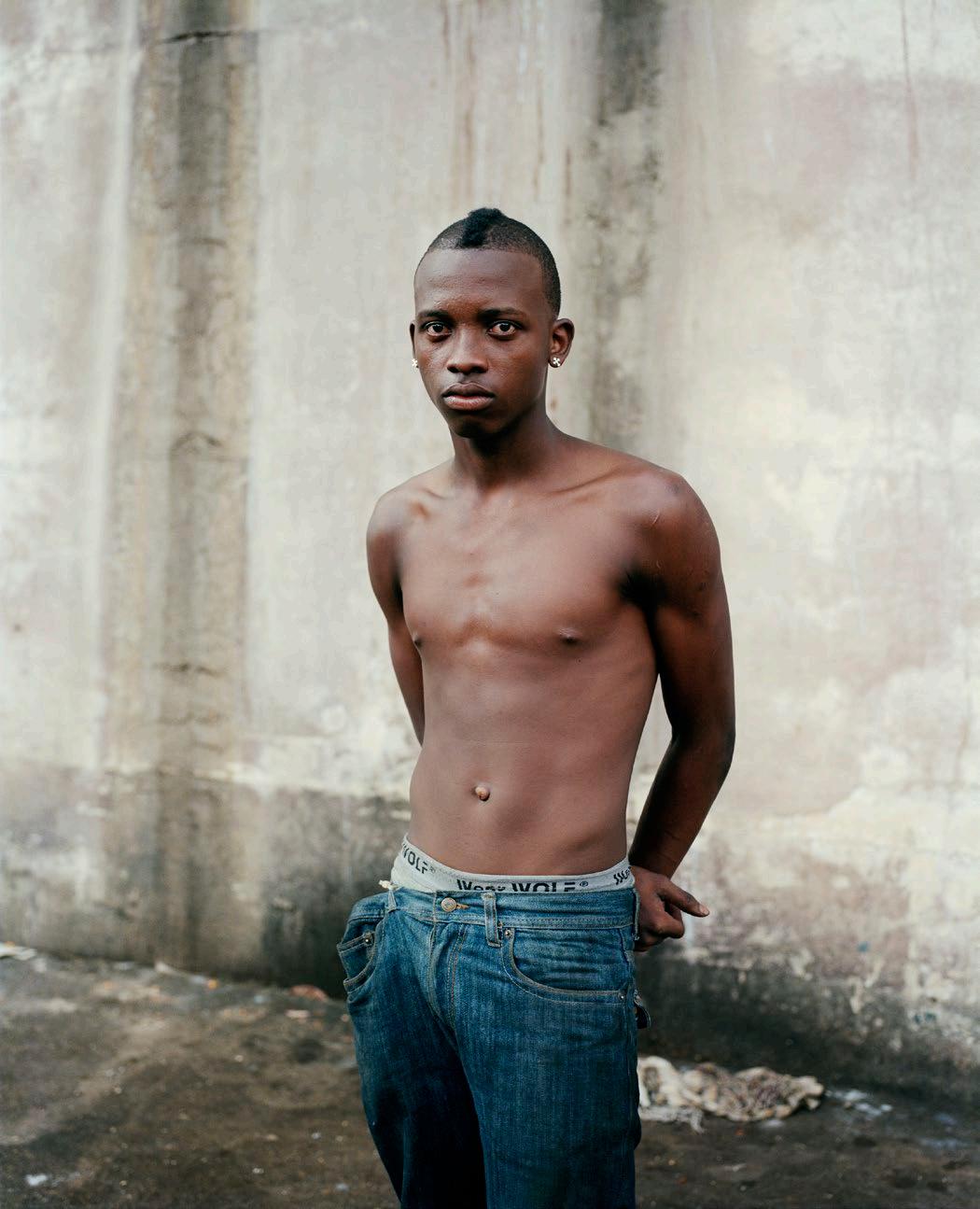
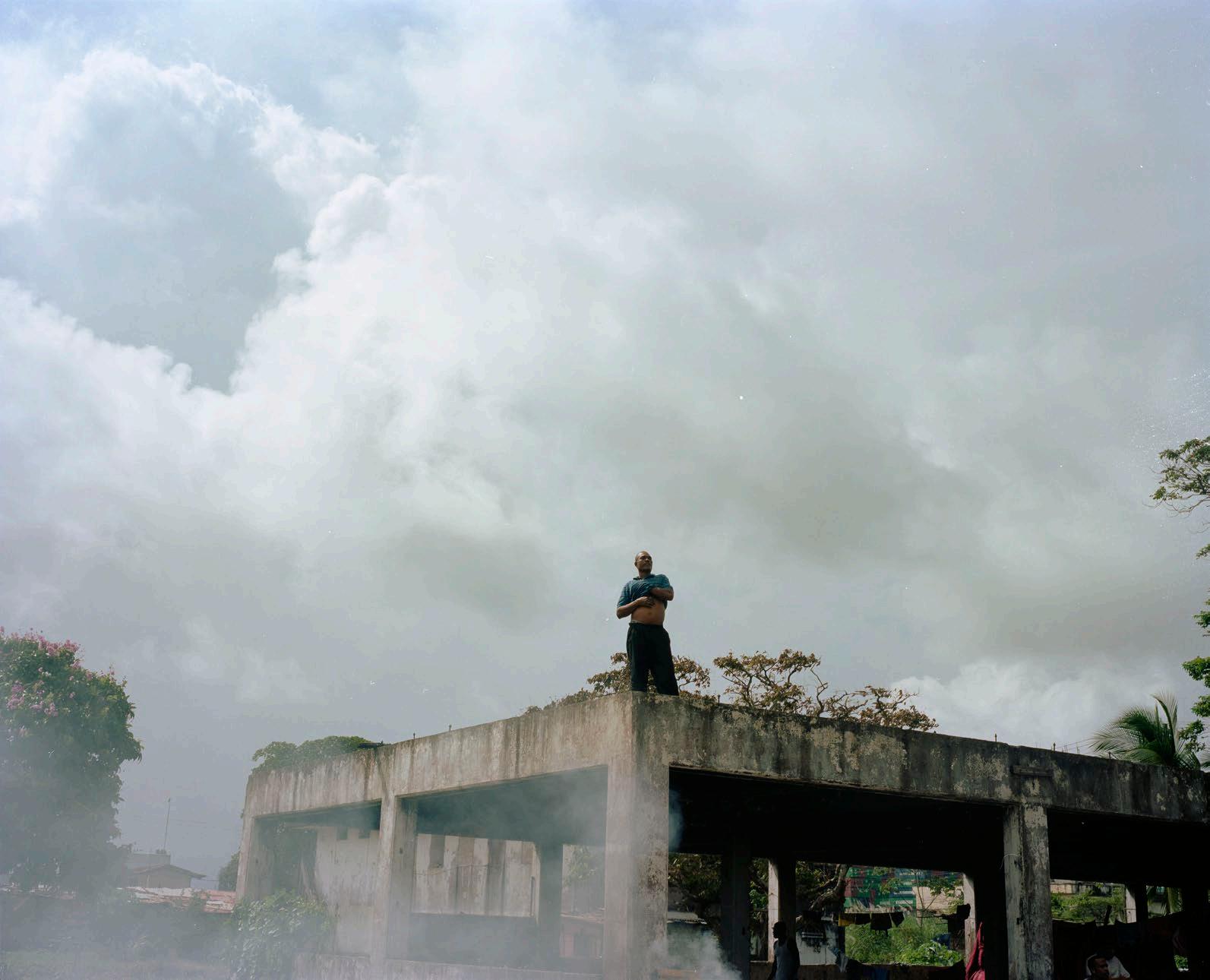
R What was the story about getting baptized when you were a little older?
M I was living . . . the church was on the same block, about three, four houses from where I was living. And I didn’t know, because as a child, I was very disciplined, Rose. By six, I had to be inside, no playing in the night outside.
R Was this in Jamaica or here in Panama?
M Here. I came from Jamaica with that discipline, and I always wanted to be in school. So, I ended up in school and we had channel 10, the American channel here in Panamá. So, on the weekends we would spend the whole night seeing movies. And in the morning, on Saturday morning, we would be watching cartoons. I used to love watching Tarzan. So, I would be up all night, at four in the morning I would be up, ready to watch cartoons, no sleeping. And one time, I noticed my mother wasn’t home. So, I asked my stepfather and he told me that it was some “jump up” church, having a baptism down at the pool.
And I was like, “jump up” church? So, I put on my shorts and my shirt and I went to the pool. It was locked. So, I climbed up on the fence and I saw all these people dressed in white, singing, and I saw my mother. She made me a sign to go around, so I went around. When they finished the baptism and the pastor said, If there is water, what is endearing you to be baptized? I don’t know what came over me, I just felt this great joy and sadness at the same time. I started to cry and found myself walking into the water. And if I’m not mistaken, that was a Saturday morning. They gave some instructions to my mother that I was to go to the church the following day, on Sunday morning, to be received as a member of the church. And that is what happened the following morning. My mother dressed me in white and took me to church. And I was received as a member in the church.
R How old were you?
M I was nine years old.
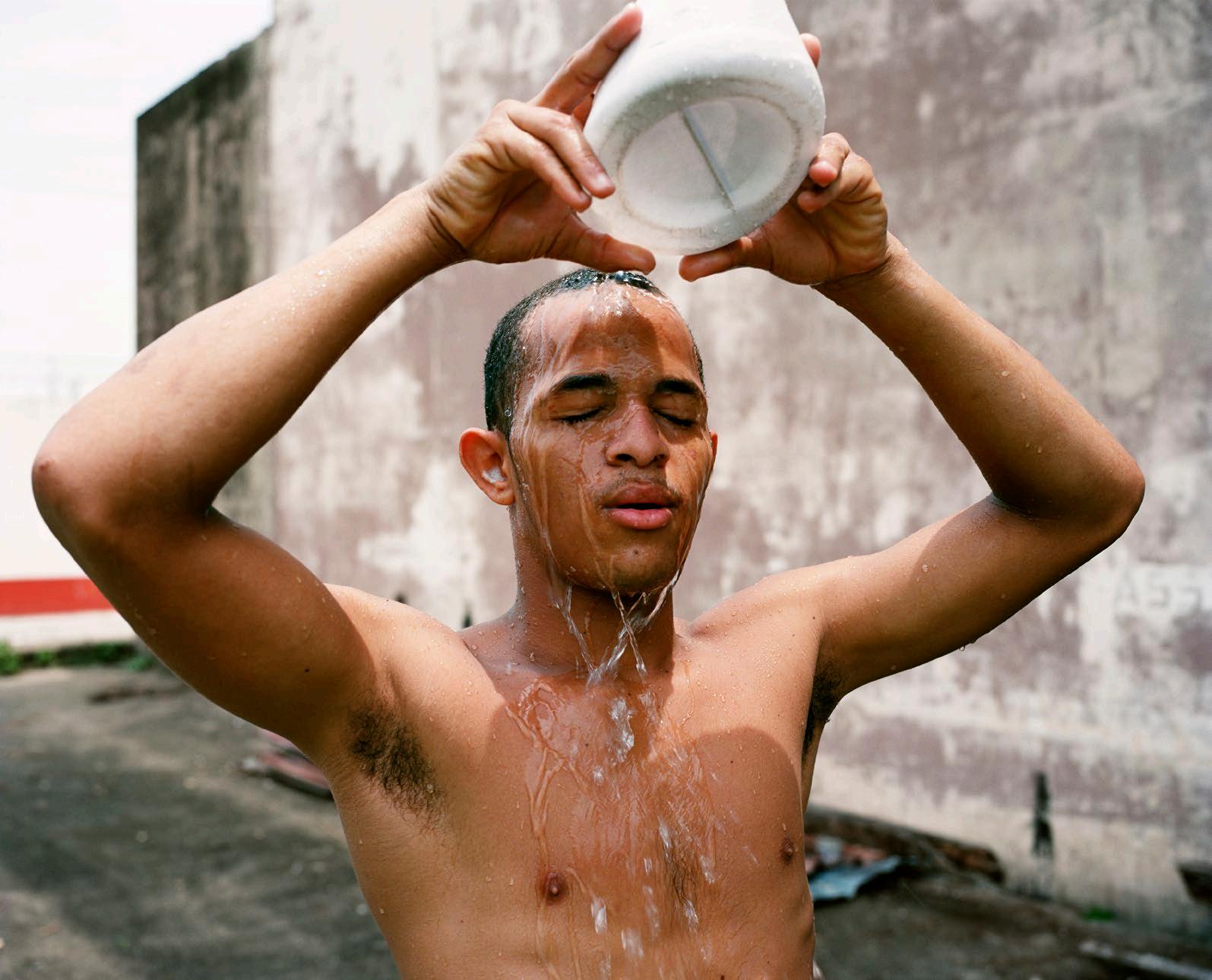
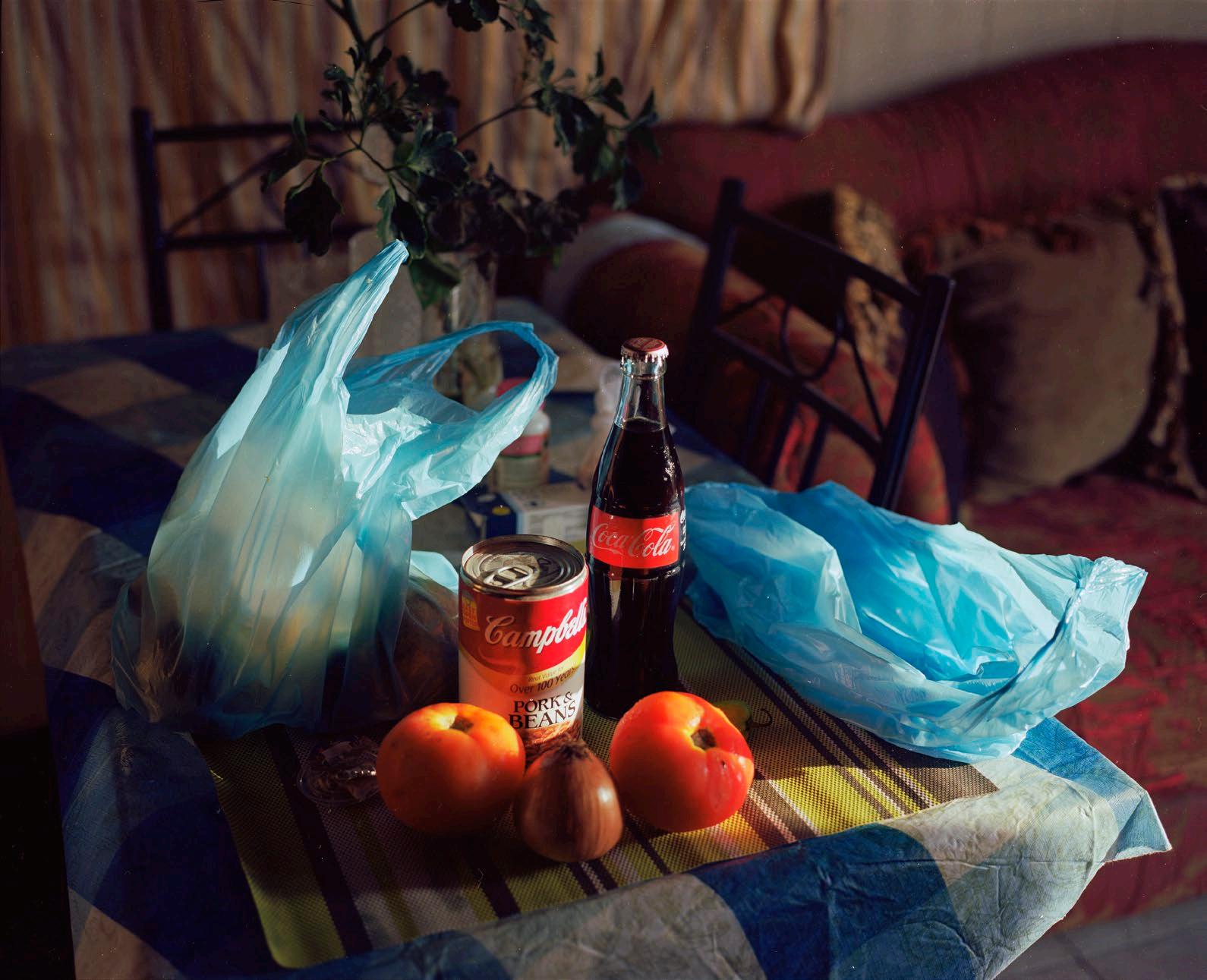
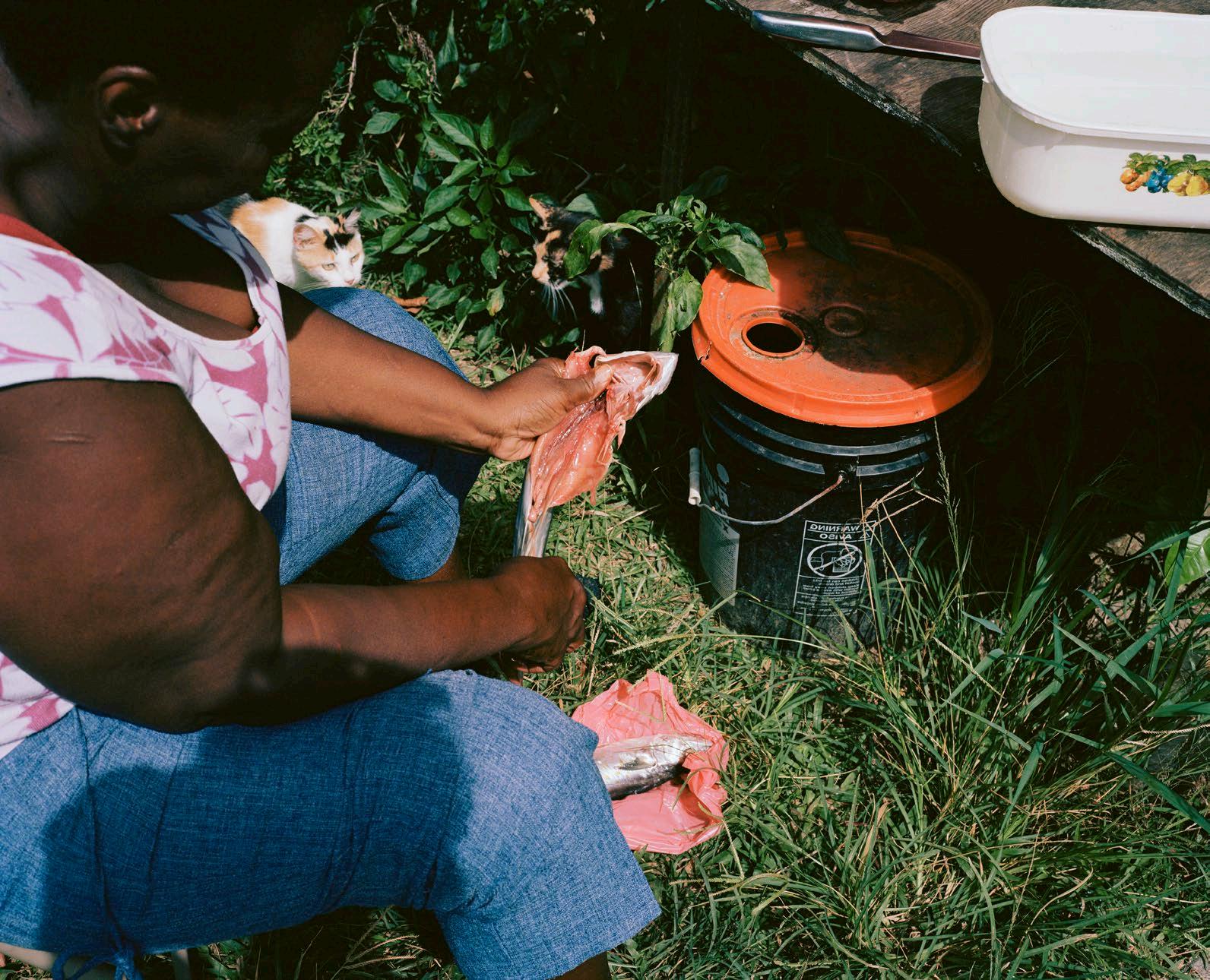

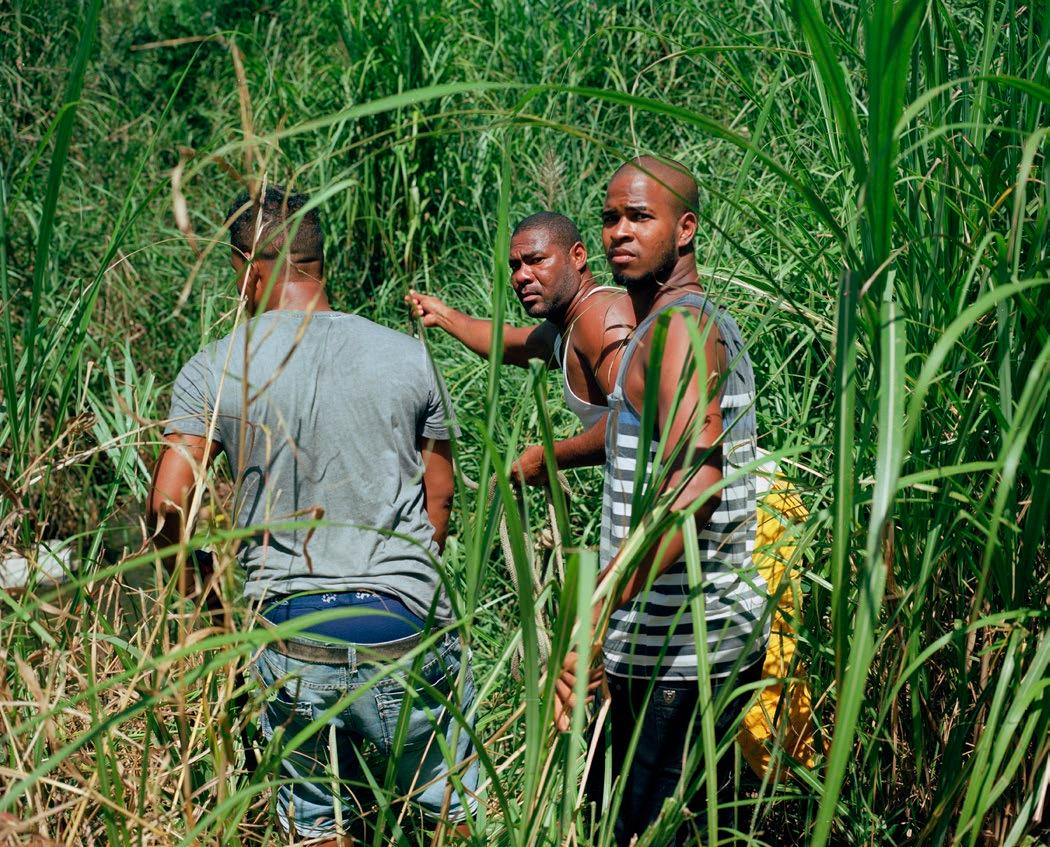
Heaven bless Rose. My heart is in peace’s. Pocho had a heart ataque yesterday and he died 8:07 AM



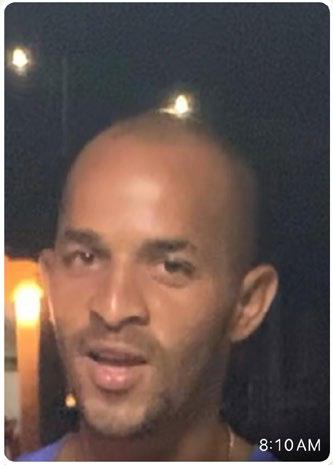
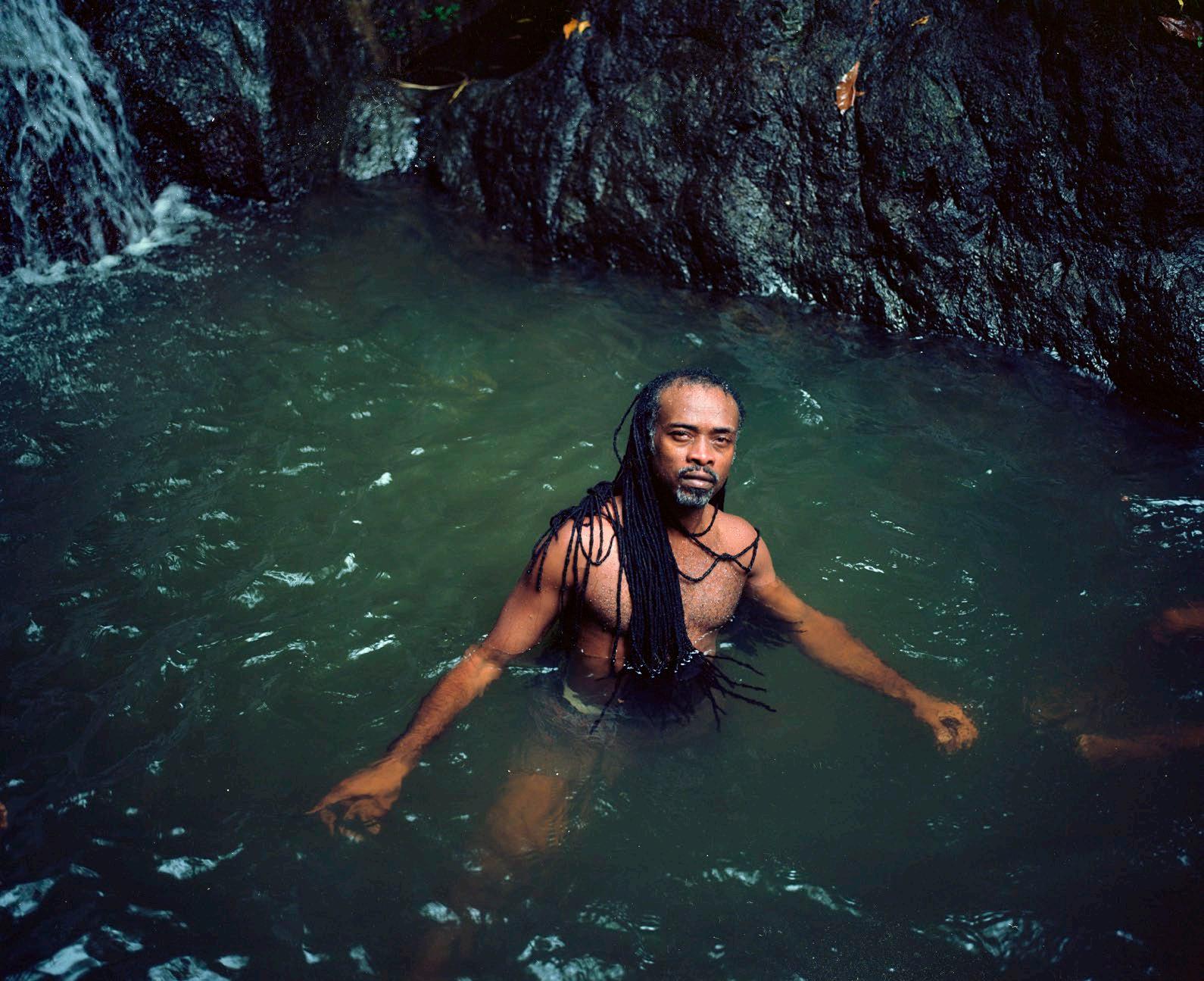

Beatem imusani menest fugiate perumetur modit nos mint acest eosanis que enis mil erum ditium estisque voluptae nimolum
quate in cullore cessecum latet aut laudani dolupta turiatum ipsaectatia venem ilicatem simi
cus sequi soluptis atet doluptatur, eationsecust eium rempore reptae et et reium laboreiunt estia nonsequ idelenda nulpa sae officimus molupta tionsed qui dolo mos ex eatempediam aut exerspe rumquiasitat qui re, sitatem abo. Ibus doloressi odit, am natint dolupti busdaest quam et et que dit aboressum quae pro voluptatur rerferum aped qui aut rem aut omnis et quatiam rae eat quis maionsenim res
ne qui od ut eos se adita quodiat emporro que officim id experro minusamus








